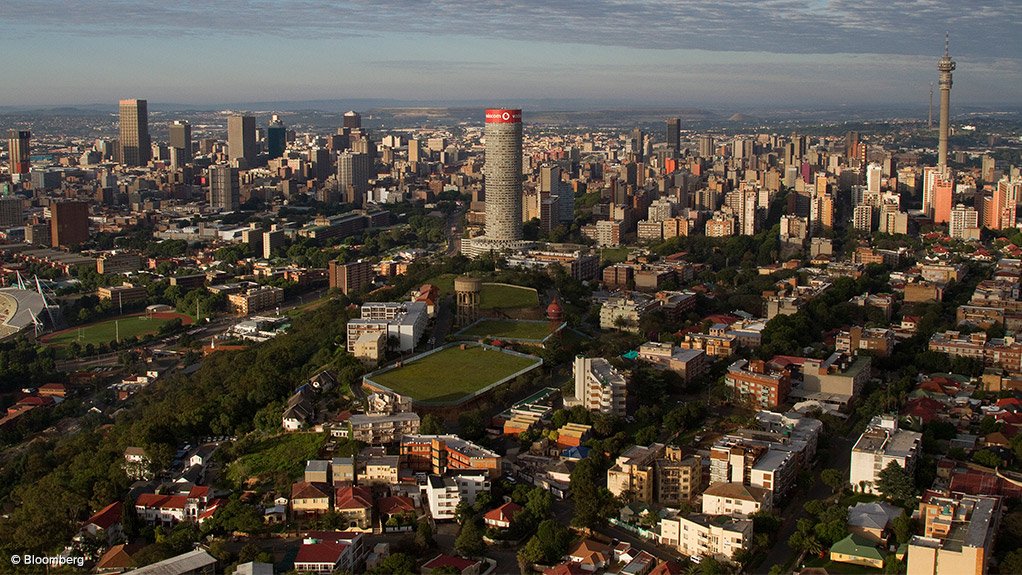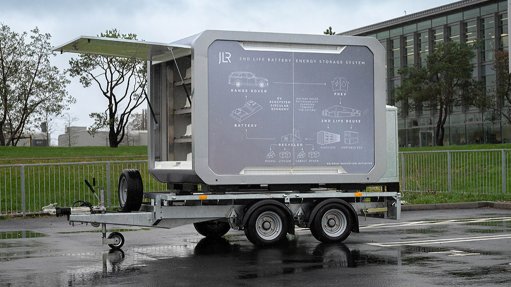Poor internal coordination in SA cities adding to cost of doing business
A new World Bank report highlights how a lack of internal coordination between departments within several of South Africa’s largest cities is undermining the delivery of services to businesses operating within those locations and burdening entrepreneurs with time consuming and costly red tape.
Titled ‘Doing Business in South Africa 2018’ the report benchmarks the performance of nine South African cities against those of 189 other city economies. The study is based on responses from businesses with regards to the way their city deals with construction permits, registering properties, delivering electricity connections and enforcing contracts.
The cities surveyed for the 2018 report, which is a follow-up on a similar report published in 2015, are Buffalo City, Cape Town, Ekurhuleni, eThekwini, Johannesburg, Mangaung, Msunduzi, Nelson Mandela Bay and Tshwane. The third report in the ongoing series is scheduled for publication in 2021.
Cape Town leads on two indicators (dealing with construction permits and getting electricity) and Mangaung on two others (registering a property and enforcing contracts). However, none of the nine cities perform equally well across all indicators.
The authors conclude that, across nearly all indicators, there is evidence of a lack of internal coordination, which makes processes more burdensome for entrepreneurs.
For example, in four urban locations – Johannesburg, Mangaung, Nelson Mandela Bay and Tshwane – people applying for construction approvals are responsible for circulating their application to the various departments involved in the preconstruction approval process. In other locations, however, the application is circulated internally, streamlining the process.
The authors also found that, although some locations have advanced toward best practices since the first report, the pace of reform is slow and there is significant room for improvement across the country.
They also state that, while the cities should continue streamlining their own regulatory processes, there is also an urgent need to start improving the quality of the regulations. “Compared globally, South African locations’ performance on the quality indices lags on most indicators,” the report states.
However, improving the quality of the reforms introduced would pivot on greater coordination between municipalities and central government. “Drawing national departments into the conversation on local improvements would allow national decision-makers to better understand local needs and implement changes improving conditions across the country.”
For example, the report argues that adopting national legislation that defined responsibilities in cases of postconstruction defects, while also mandating liability insurance to cover losses, would ensure greater protection for local entrepreneurs. Similarly, the two levels of government could work together to achieve more comprehensive improvements in the systematic monitoring of power outages across all locations.
In officially receiving the report, Deputy Finance Minister Mondli Gungubele acknowledged that South Africa’s economic recovery would depend largely on the economic performance of South Africa’s largest cities, which contribute 57% of gross domestic product (GDP).
Likewise, the dynamism and growth of city economies would depend upon the investment decisions made by private firms and households, which generated two-thirds of national GDP.
Municipal service delivery, Gungubele added, had a direct effect on economic development and job creation.
“A business which cannot be connected to a reliable electricity supply in a reasonable time and at a reasonable cost will not create many jobs. A business which cannot get quality building plan approvals within a reasonable time and at a reasonable cost will not create many jobs. A business which cannot transfer a property within a reasonable time and at a reasonable cost will not create many jobs,” the Deputy Minister, who was previously the mayor of Ekurhuleni, stated.
Comments
Announcements
What's On
Subscribe to improve your user experience...
Option 1 (equivalent of R125 a month):
Receive a weekly copy of Creamer Media's Engineering News & Mining Weekly magazine
(print copy for those in South Africa and e-magazine for those outside of South Africa)
Receive daily email newsletters
Access to full search results
Access archive of magazine back copies
Access to Projects in Progress
Access to ONE Research Report of your choice in PDF format
Option 2 (equivalent of R375 a month):
All benefits from Option 1
PLUS
Access to Creamer Media's Research Channel Africa for ALL Research Reports, in PDF format, on various industrial and mining sectors
including Electricity; Water; Energy Transition; Hydrogen; Roads, Rail and Ports; Coal; Gold; Platinum; Battery Metals; etc.
Already a subscriber?
Forgotten your password?
Receive weekly copy of Creamer Media's Engineering News & Mining Weekly magazine (print copy for those in South Africa and e-magazine for those outside of South Africa)
➕
Recieve daily email newsletters
➕
Access to full search results
➕
Access archive of magazine back copies
➕
Access to Projects in Progress
➕
Access to ONE Research Report of your choice in PDF format
RESEARCH CHANNEL AFRICA
R4500 (equivalent of R375 a month)
SUBSCRIBEAll benefits from Option 1
➕
Access to Creamer Media's Research Channel Africa for ALL Research Reports on various industrial and mining sectors, in PDF format, including on:
Electricity
➕
Water
➕
Energy Transition
➕
Hydrogen
➕
Roads, Rail and Ports
➕
Coal
➕
Gold
➕
Platinum
➕
Battery Metals
➕
etc.
Receive all benefits from Option 1 or Option 2 delivered to numerous people at your company
➕
Multiple User names and Passwords for simultaneous log-ins
➕
Intranet integration access to all in your organisation





















